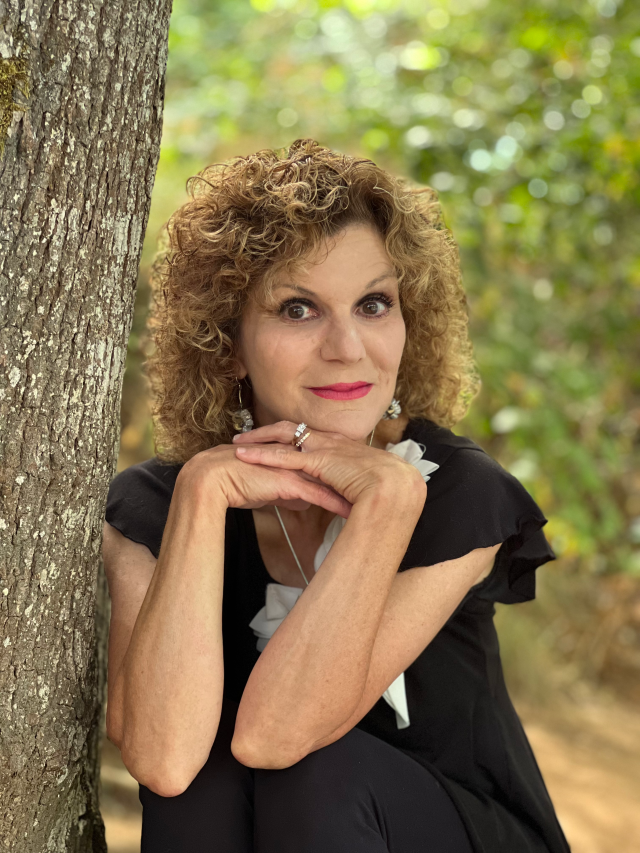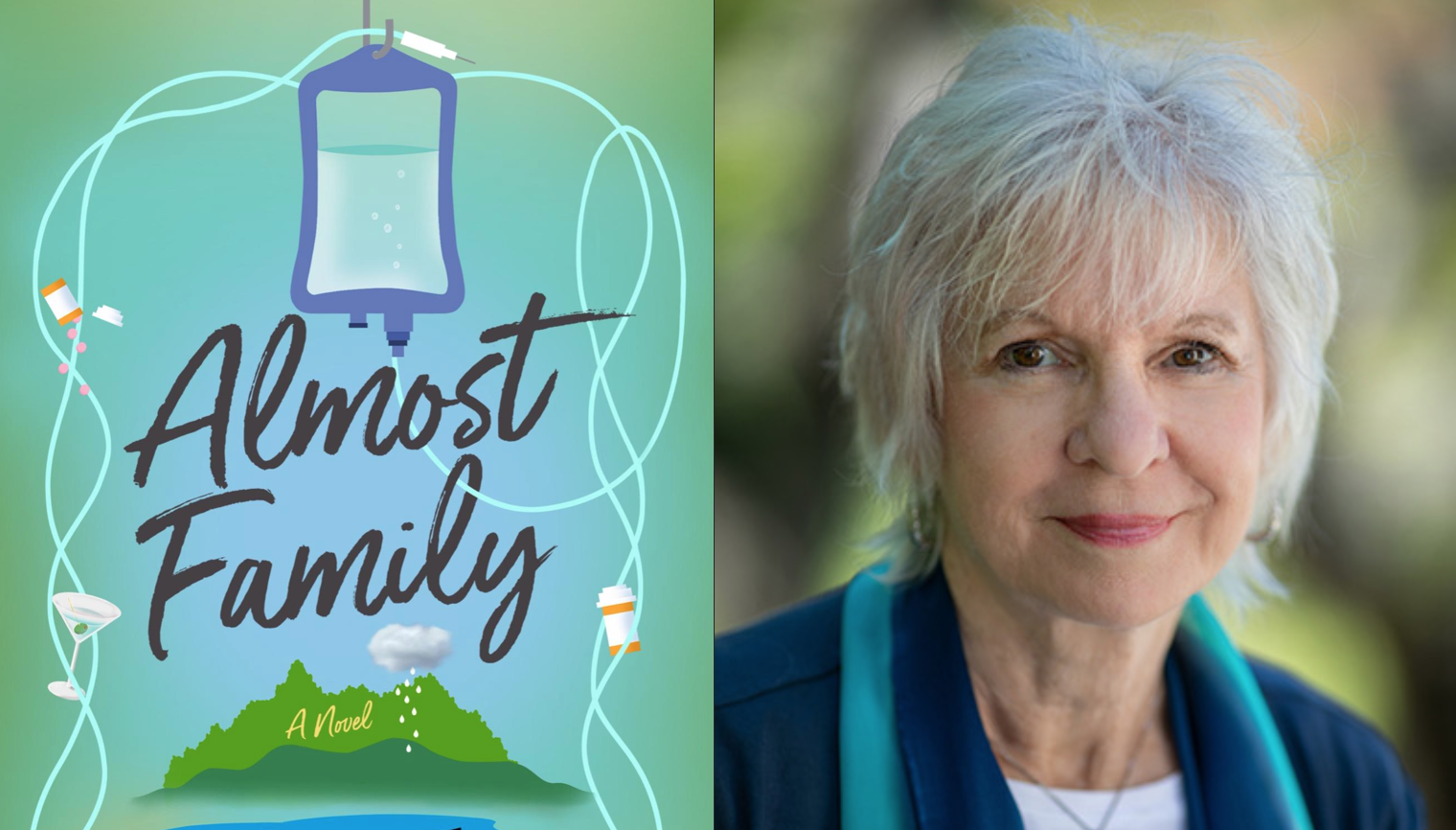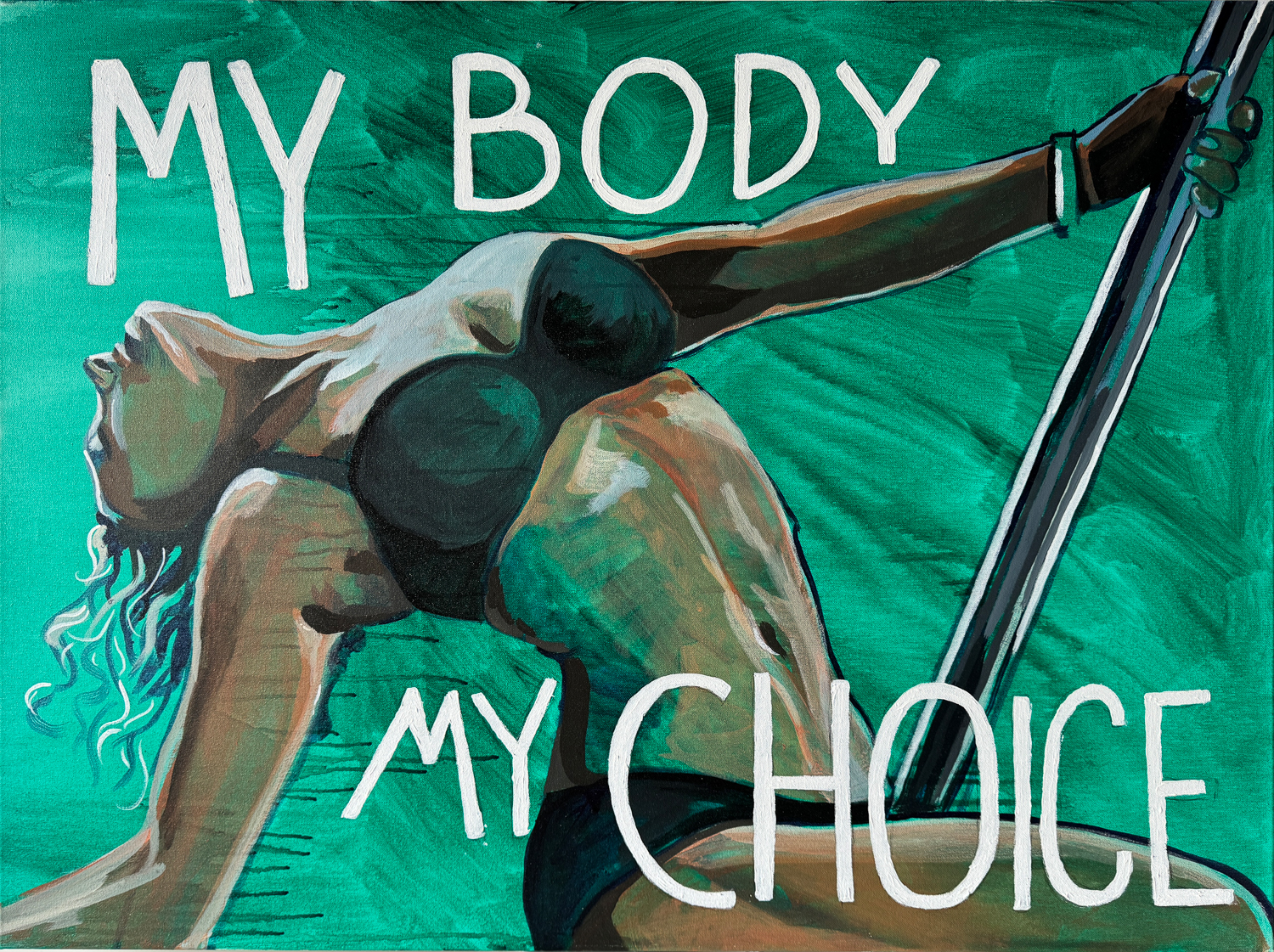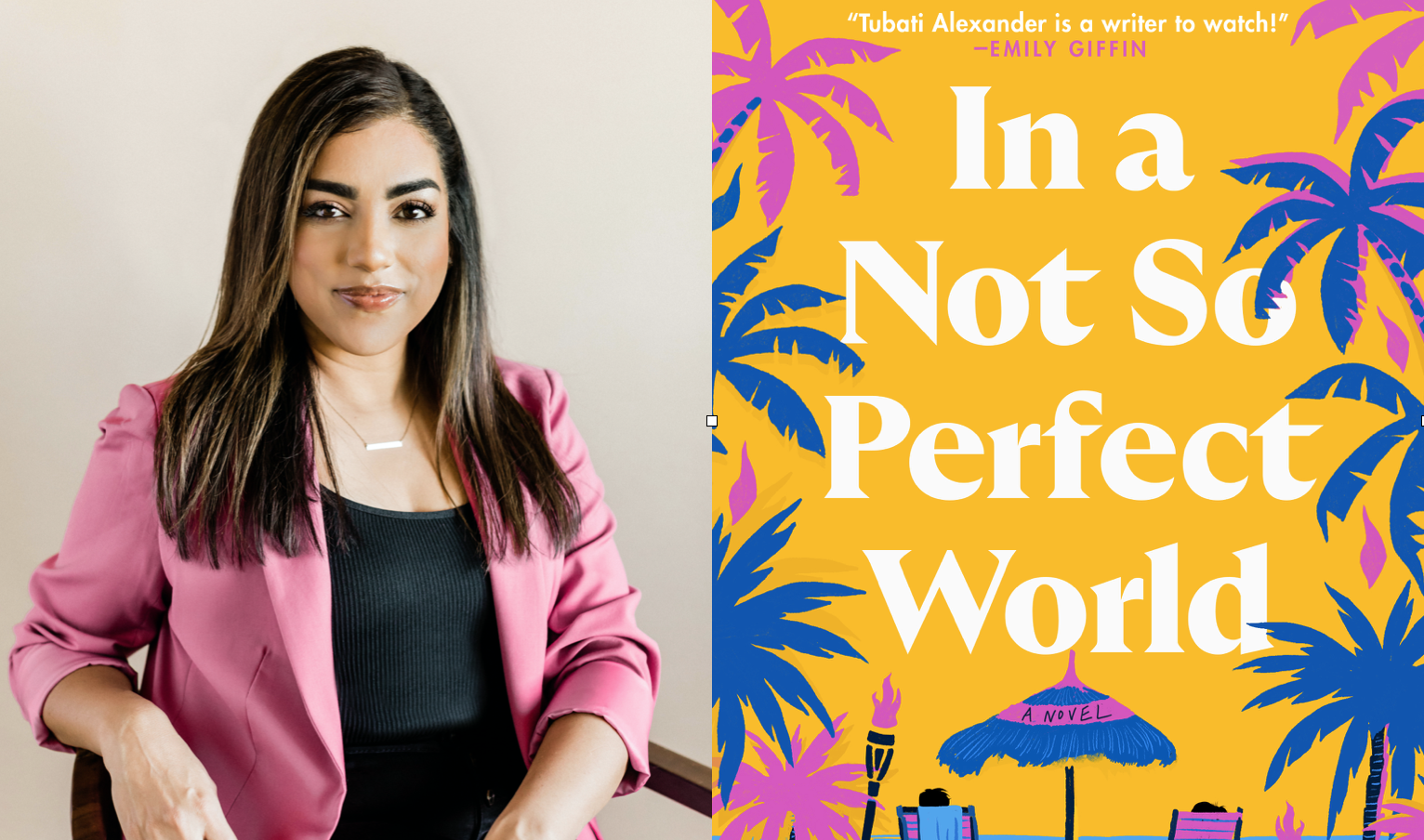
By Patricia Crisafulli
To live creatively is to live boldly. But sometimes life gets in the way, with day jobs and distractions that make it hard to keep our commitment to our craft.
That’s why—95 years later—we can find advice and direction from feminist writer Virginia Woolf, who famously wrote, “A woman must have money and a room of her own …”
To fully appreciate the meaning of these words, we need context. A novelist and an essayist, Woolf was one of the most influential writers of the 20th century. In the years after the Suffragette Movement in the UK and in the U.S., Woolf picked up her mightiest weapon—the pen—to reflect on the topic of women writing fiction for two lectures in 1928 at women’s colleges at Cambridge. What she delivered was so much more, as those lectures evolved into a slim book that has become a classic: A Room of One’s Own.
In those pages, Woolf fired a literary salvo against the patriarchy that prodigiously produced men who wrote, while far too few women had the time, energy, or means to do so. The writing life was anathema for women who were groomed to be wives and mothers, and completely out of reach of those who toiled from dawn to darkness.
Yes, there were the Bronte sisters—Charlotte, Emily, and Anne—who wrote Jane Eyre, Wuthering Heights, and The Tenant of Wildfell Hall, respectively in the 1840s. Before them, Jane Austen penned such classics as Sense and Sensibility, Pride and Prejudice, and Emma. But even these women, Woolf observed, had to do their writing in sitting rooms and at tables in the corner, amid interruptions of daily life.
Chances are, we know exactly what that feels like:
“A woman must have money …”
It’s easy to misinterpret this as “you need to be wealthy.” But there’s much more to the first part of Woolf’s advice. Financial freedom for women—to earn, inherit, and keep their own money—was a relatively new development in Woolf’s time.
Today, the gender pay gap persists—in 2022, women in the U.S. earned about 82 cents for every dollar earned by men; the differential widens to 70 cents on the dollar for Black women and 65 cents for Hispanic women. To follow Woolf’s instruction about having money, we need to keep up the good fight for gender equality in compensation and opportunity, especially for women of color.
“No force in the world can take from me my five hundred pounds.”
In her essay, Woolf’s narrator (part herself, part fictionalized) credits a £500 annual stipend from an inheritance for her financial security. As she writes, “Food, house and clothing are mine … I need not flatter any man.” Today, we can pursue any number of day jobs to support ourselves, but it’s more than merely paying the bills.
We also should spend some of our hard-earned money to develop our craft—as I did, at age 52, when I enrolled in a five-year program to earn a Master of Fine Arts degree at Northwestern University, which changed the trajectory of my creative path. And we don’t have to wait for some benevolent aunt to help us out. We can find other means to support our dreams, such as grants for writers and other artists.
“A room of one’s own…”
First, there is the literal space—preferably with a door that shuts out the world. For women, this space has too often been rare. Jane Austen’s novels have lived on as classics and even inspired films, but she was so self-conscious when someone discovered her in the act of writing that she hid her pages. To protect ourselves and our works too new to be shared, we need private space that’s conducive to creation. It’s time to take up our space, both physical and emotional, not only for our creativity, but also to lead a healthy life.
The other kind of “room …”
Then there is the figurative space. In my first novel, The Secrets of Ohnita Harbor, the protagonist Gabriela reflects on the meaning of Woolf’s advice about a “room of one’s own” in a conversation with Officer Thelma Tulowski who is investigating a suspicious drowning death. Both these harried women resonate with the thought of having an escape from the distress and distractions.
We, too, get in touch with our longing for the space in which to dream, become inspired, and create. This is also the hardest space to claim and protect, given all that occupies our minds from problems in the world to worries in our own lives. Yet, in giving ourselves room to breathe—whether through meditation, relaxation techniques, or good old-fashioned mental discipline—we preserve both sanity and sanctity.
For the Sake of Shakespeare’s Imaginary Sister
Each time we follow Woolf’s advice, we don’t just do it for ourselves; we also stake a claim for all women—past, present, and future. Woolf provides some thoughts on this, too, by imagining that Shakespeare had a sister—a woman just as clever, just as passionate. But instead of pursuing the bard’s path, this make-believe sister was thwarted in everything she tried and “died young … never wrote a word.”
All those poets and playwrites, writers and dreamers live within us. In their memory, we commit to securing what we need to support ourselves and our creativity—with sufficient money and a room of our own.


Patricia Crisafulli is an award-winning writer and a New York Times bestselling author. Her first novel, The Secrets of Ohnita Harbor, was published by Woodhall Press in 2022, and her second, The Secrets of Still Waters Chasm, was published in September 2023.
















